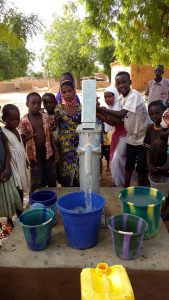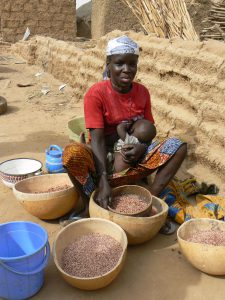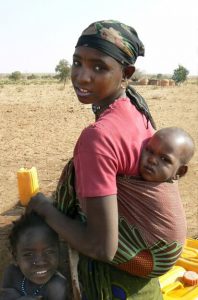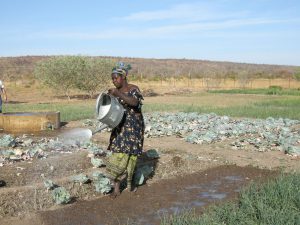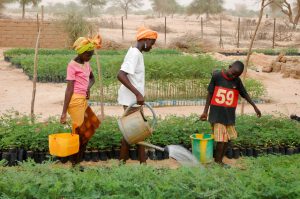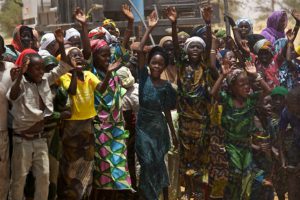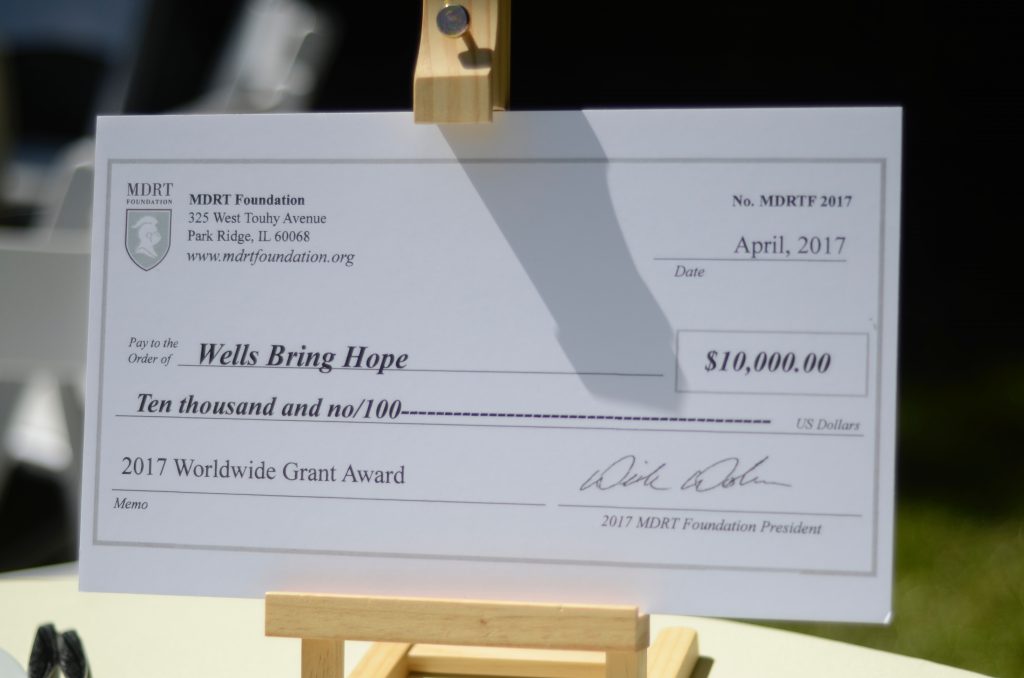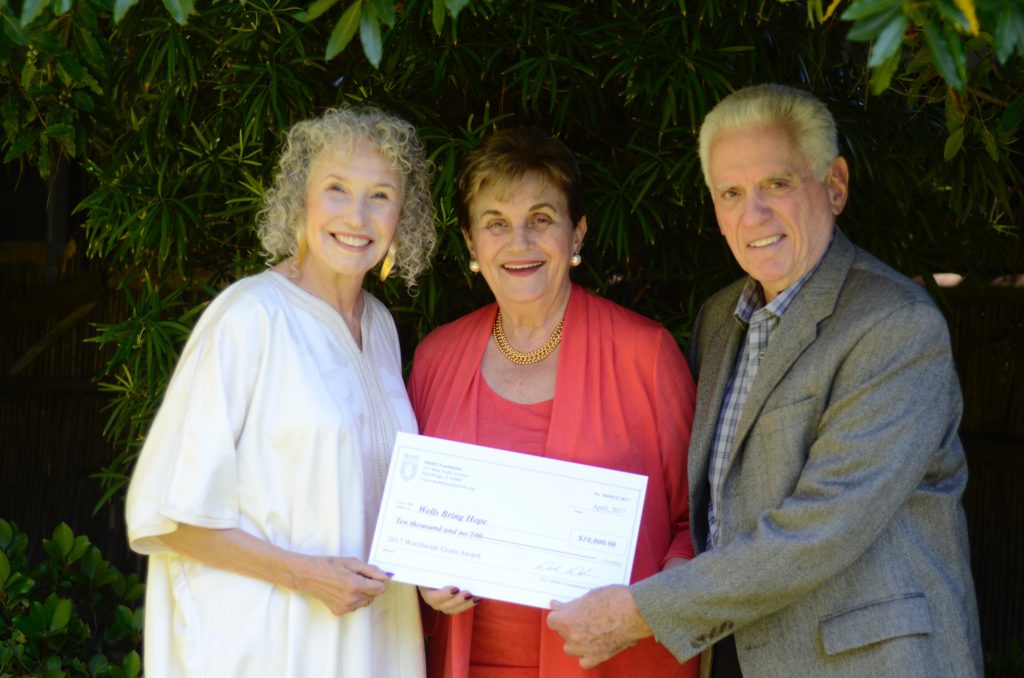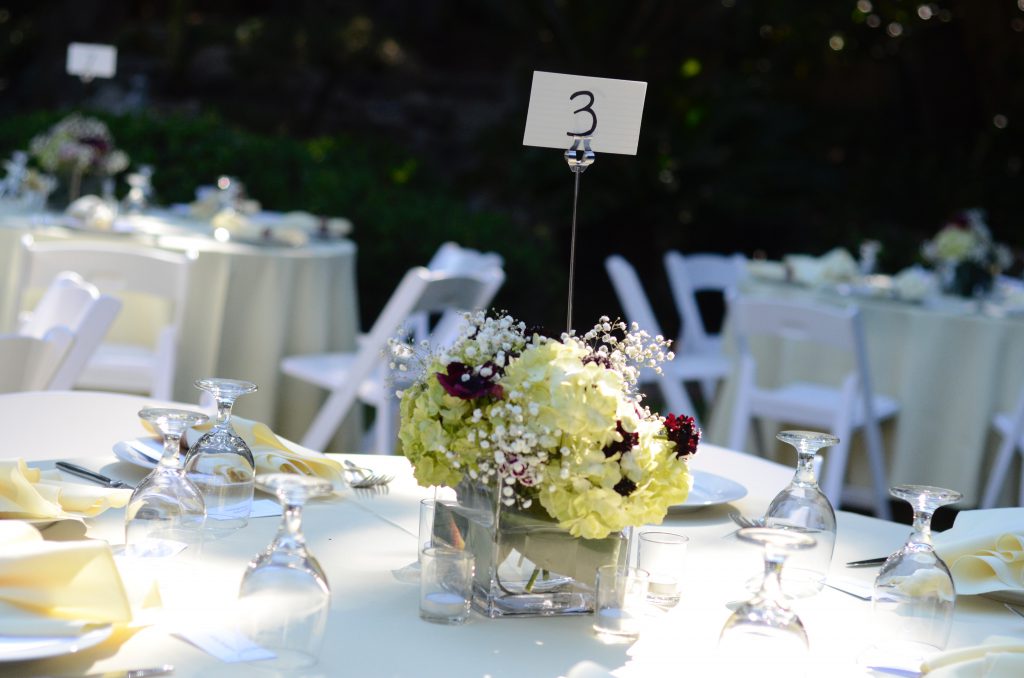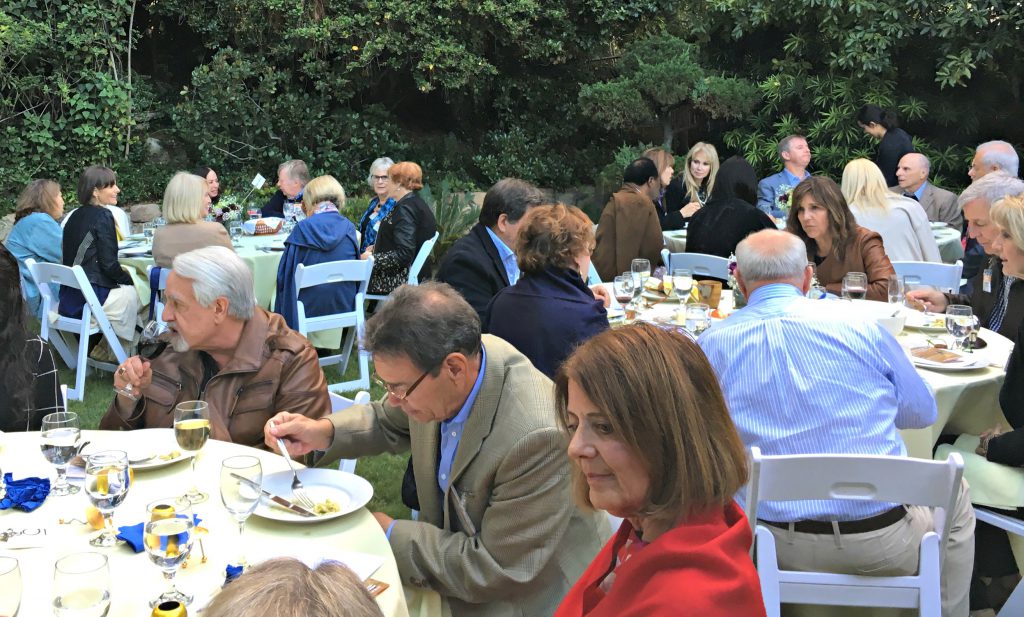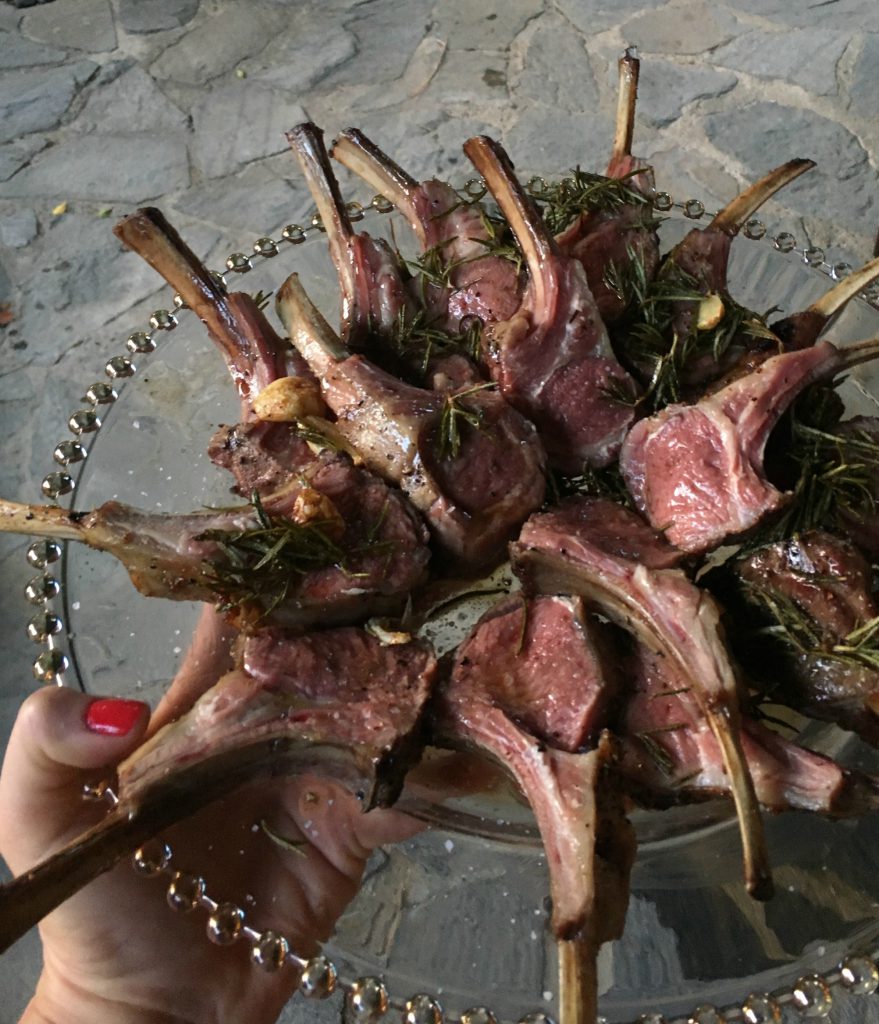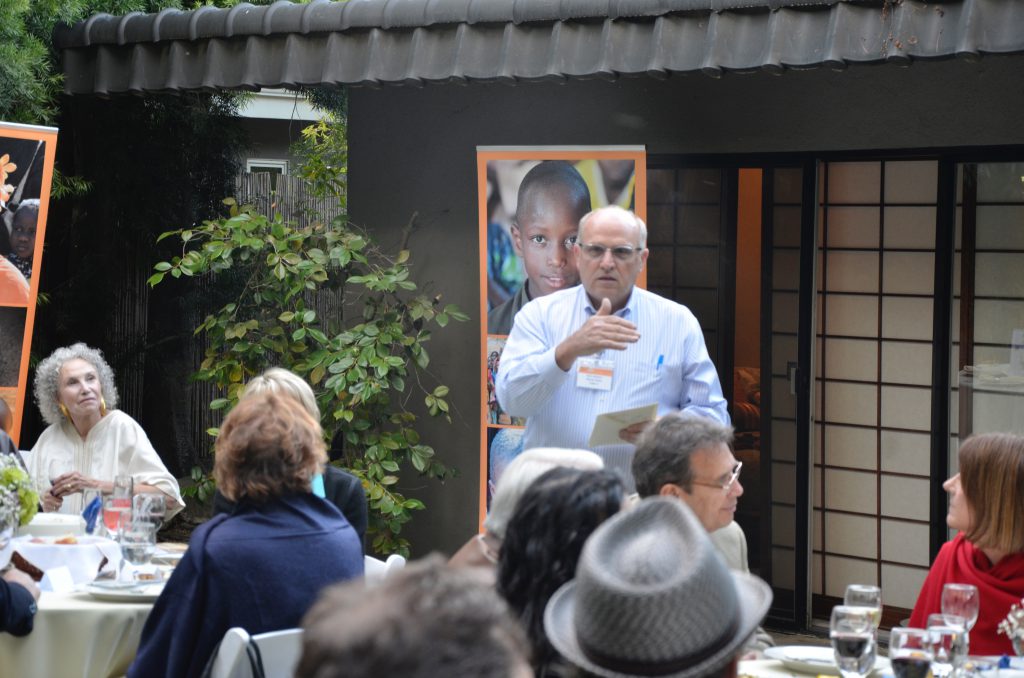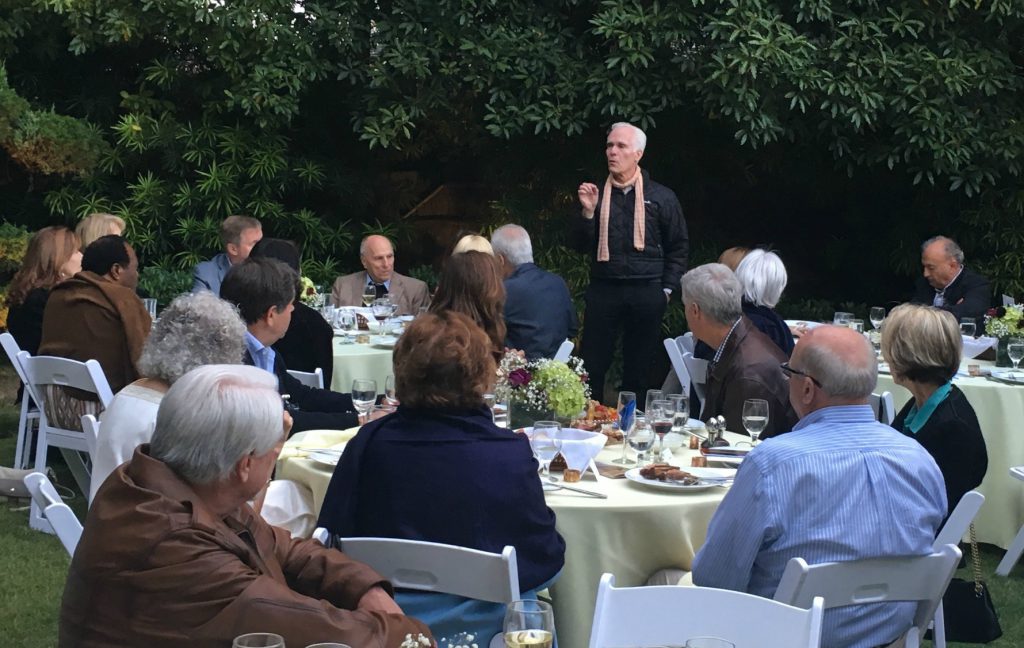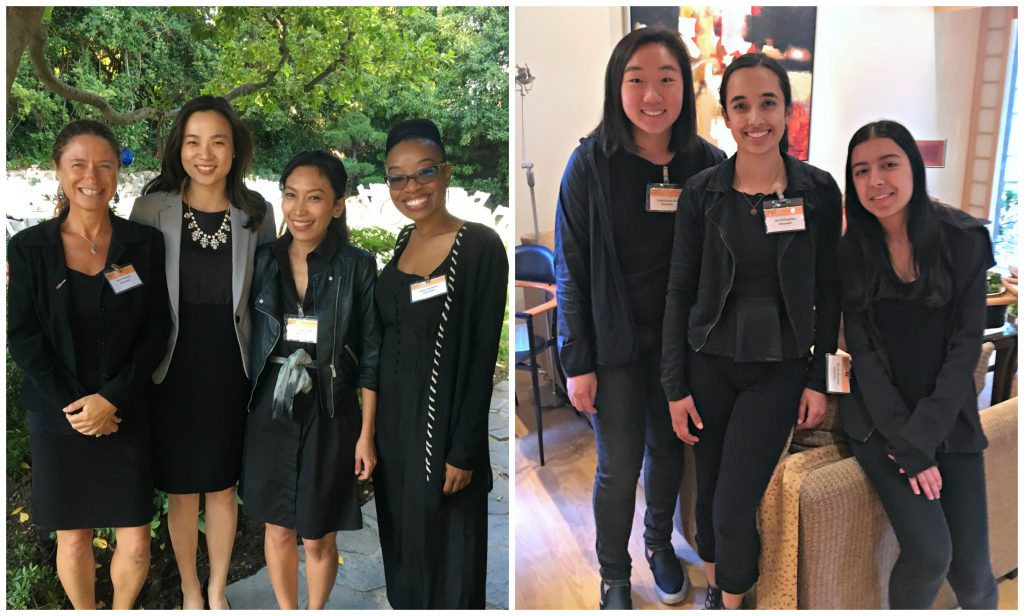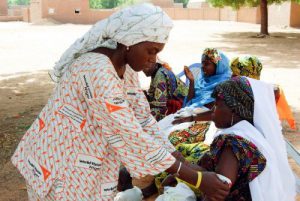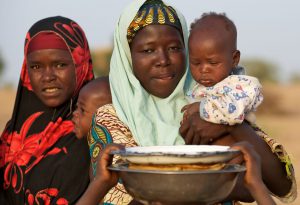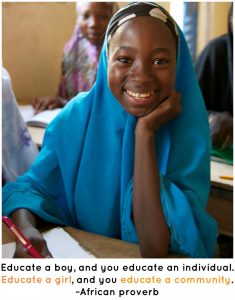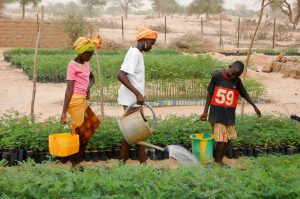by Andrea Levin
We’ve become accustomed to switching on a light or instantaneously locating all the restaurants in a 1 mile radius on an app. But anyone who’s ever gone without electricity or their smartphone becomes profoundly aware of how easily we can take things for granted. Imagine if you had that same realization when it comes to water? Not only are humans made of primarily water, we literally can’t live without it. Think you could make it a full day without water?
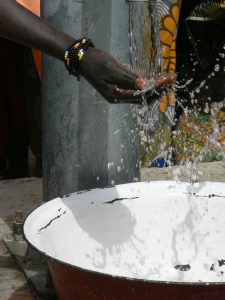
Here’s how your hypothetical water-free day might play out:
First, if you’re like most people, you wake up with pretty rank breath. Of course without water you’re not going to be able to brush your teeth — but you can improvise — I mean it’s only one day, right? Just scrub your teeth with some toothpaste on your finger and spit it out. Now use the bathroom. Don’t worry about remembering to flush, there’s no point since there’s no water. Washing your hands after isn’t happening either. Yuck. Anyway, it’s time to hop in the shower, or it least it would’ve been. Might as well just get dressed and grab breakfast.
If you’re used to coffee in the morning, surprise, it’s not happening — and in this experiment you’re not allowed to drink ANY liquids –for example milk and juice are mostly water. But no time to worry about that, you’re going to miss your train to work. It’s already hot out there, but don’t grab that water bottle on your way out!
Now you’re at work — no hanging out around the water cooler for you. Just put your head down and get your work done. By late afternoon you’re probably getting pretty thirsty. Your body might be starting to show signs of very mild dehydration: Dry sticky mouth, maybe a slight headache.
OK, full disclosure, I lied to you, in this experiment there IS water you can drink. Problem is, it’s probably contaminated (and you have to walk 5 miles to get it!) Take a swig and there’s a good chance you’ll be dealing with a nasty waterborne illness like diarrhea (or worse) that will really, dare I say, cramp your style.
When you get home it’s the same deal, no using water for cooking, no shower, no brushing your teeth –and of course no glass of refreshing, clean water before bed. It might be hard to sleep because you probably have a throbbing headache, your muscles ache and you might feel dizzy. If you did partake in the contaminated water you could be on your way to an illness that if not treated you could literally kill you.
Now imagine this scenario every day. This hypothetical is a reality for 17 million people in Niger, one of the poorest countries on the African continent. In this parched location young girls, instead of going to school, walk miles each day in search of a water source to bring back to their communities. Sometimes they come home empty-handed.
This is where Wells Bring Hope comes in, partnering with World Vision to bring relief through a well that taps the fresh, clean water that flows hundreds of feet underground. Raise a glass of water to that.
Start a Water Circle today to change a village of lives tomorrow.
